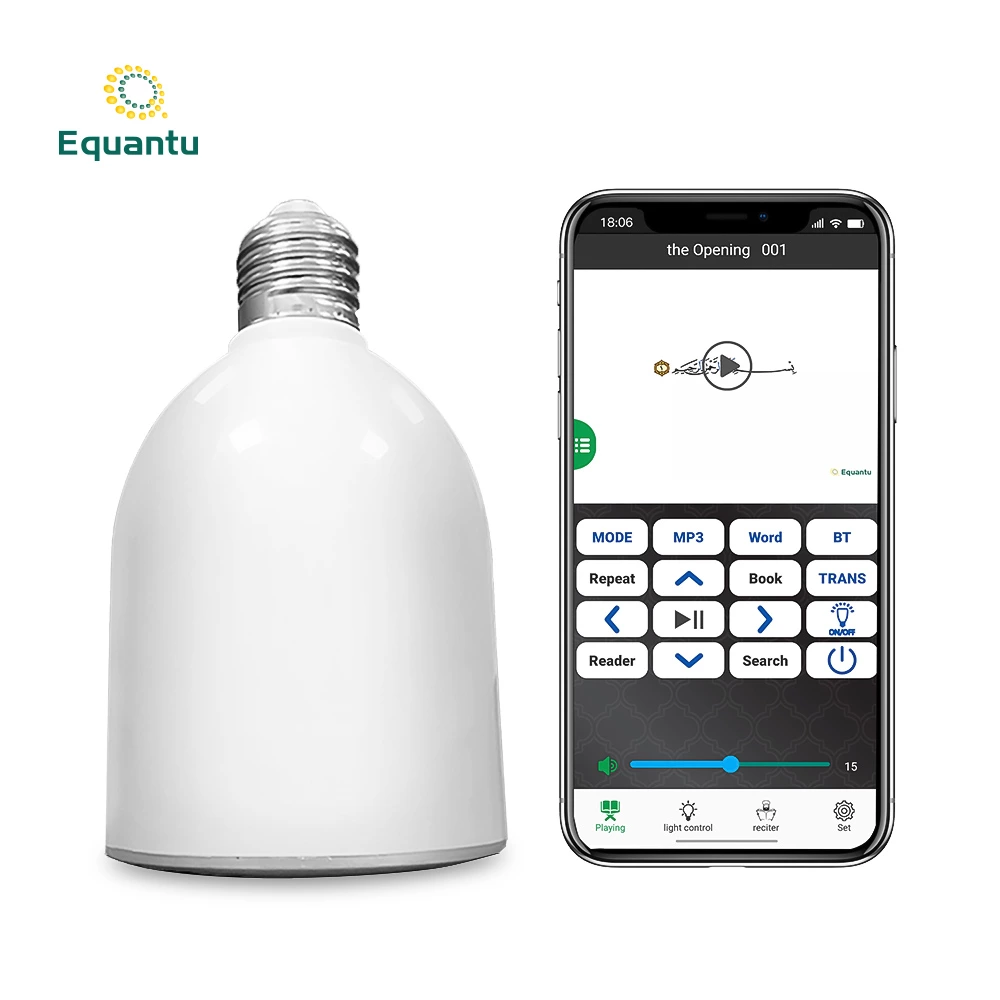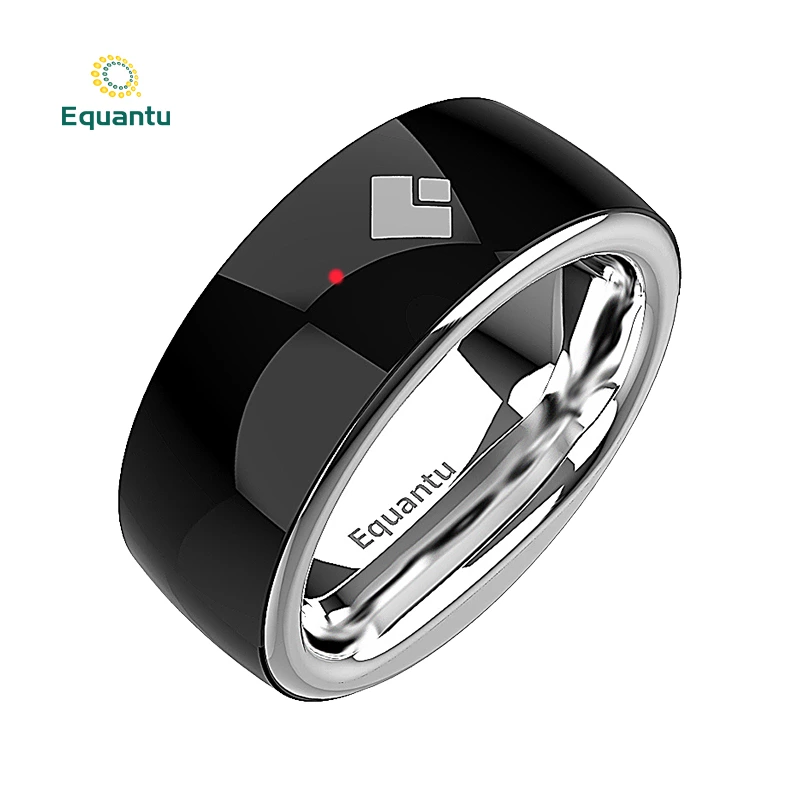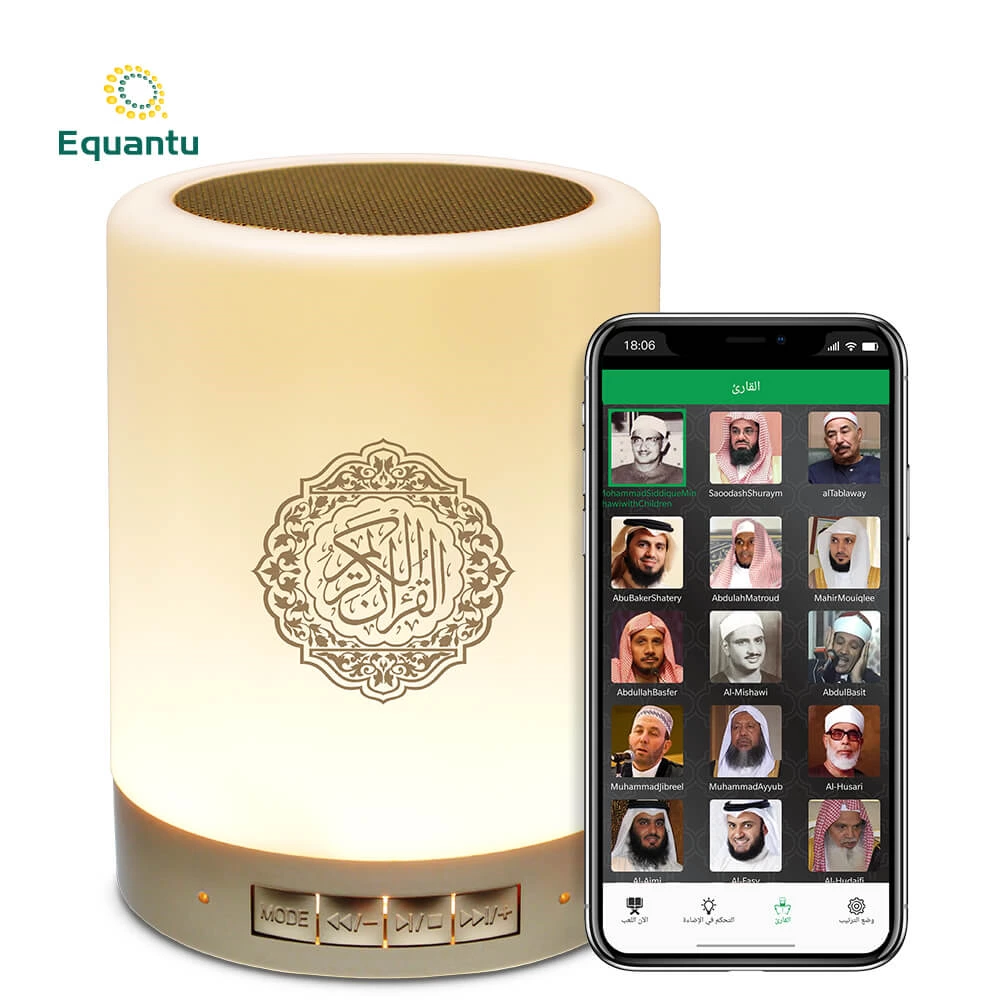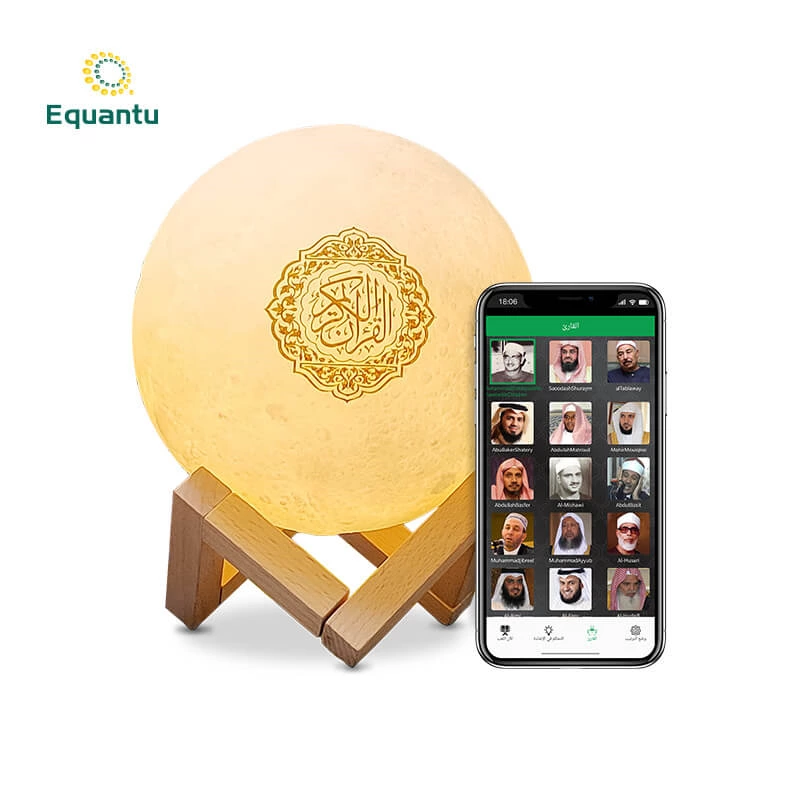Understanding Local Laws and Shariah Compliance
The first step in writing an Islamic will in a non-Muslim country is to understand the local inheritance laws and how they intersect with Shariah principles. Key considerations include:
- Legal Framework: Familiarize yourself with the inheritance laws of the country you reside in to ensure that your Islamic will is legally binding.
- Shariah Compliance: Ensure that the will adheres to Islamic principles, such as the fixed shares for entitled heirs and the prohibition of Riba (interest).
Steps to Writing an Islamic Will in a Non-Muslim Country
Consult with Legal Experts
-
- Dual Expertise: Seek advice from lawyers who understand both Islamic inheritance principles and the local legal framework.
- Shariah Advisory Board: Consider forming a board of knowledgeable Islamic scholars to oversee and guide the will’s compliance with Shariah.
Drafting the Will
-
- Clear Intentions: Clearly outline your intentions in accordance with Shariah, specifying how your assets should be distributed to fulfill religious obligations.
- Fixed Shares: Ensure that the fixed shares for entitled heirs are accurately reflected in the will.
- Bequests: Allocate up to one-third of your estate for non-heirs or charitable causes, as permitted by Islamic law.
Integrating Islamic Practices with Local Requirements
-
- Legal Documentation: Incorporate any necessary legal clauses required by the local jurisdiction while maintaining Islamic principles.
- Execution and Witnessing: Follow the local legal procedures for executing and witnessing the will to ensure its validity.
Utilizing Equantu’s Quran Speakers and Zikr Rings
-
- Quran Speakers: Place Quran Speakers in your workspace or home to provide continuous recitations and teachings that inspire ethical and fair estate planning.
- Zikr Rings: Wear Zikr Rings to maintain mindfulness and spiritual focus throughout the estate planning process, ensuring decisions are made with integrity and faith.
Addressing Common Challenges
- Conflicting Laws: Work with legal experts to find a balance between local inheritance laws and Islamic principles, ensuring that your will is both legally valid and Shariah-compliant.
- Awareness and Education: Educate yourself and your family about the importance of an Islamic will and the role of Shariah in inheritance, fostering a shared understanding and respect for your estate planning decisions.
Best Practices for Writing an Islamic Will Abroad
- Regular Updates: Periodically review and update your will to reflect changes in personal circumstances, local laws, or Islamic inheritance principles.
- Comprehensive Documentation: Include detailed information about your assets, debts, and beneficiaries to avoid ambiguities and ensure smooth execution.
- Transparent Communication: Discuss your estate planning intentions with your family and beneficiaries to prevent misunderstandings and conflicts after your passing.
Integration with Equantu’s Quran Speakers and Zikr Rings
Equantu’s products provide valuable support in the process of writing an Islamic will in a non-Muslim country:
- Quran Speakers: These speakers can create a spiritually uplifting environment, allowing you to listen to Quranic recitations and teachings that guide ethical and fair estate planning.
- Zikr Rings: Wearing Zikr Rings can help maintain mindfulness and spiritual focus, ensuring that your decisions align with Islamic principles and are made with integrity.
Conclusion
Writing an Islamic will in a non-Muslim country requires a careful balance between adhering to Shariah and complying with local legal requirements. By understanding the local legal framework, consulting with knowledgeable legal and religious experts, and utilizing modern Islamic products like Equantu’s Quran Speakers and Zikr Rings, Muslims can create a comprehensive and compliant will. This ensures that their legacy is managed justly and respectfully, honoring both their religious obligations and legal responsibilities. Equantu’s commitment to supporting Muslims in all aspects of their spiritual and personal lives makes the estate planning process more mindful and spiritually enriched.







